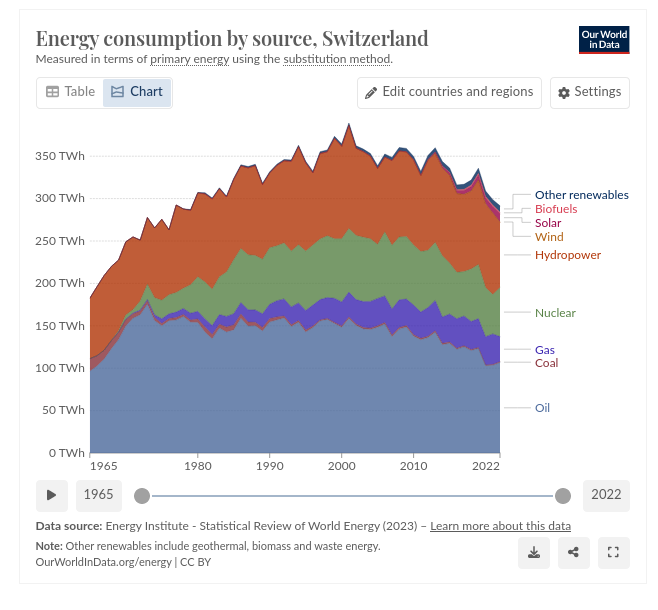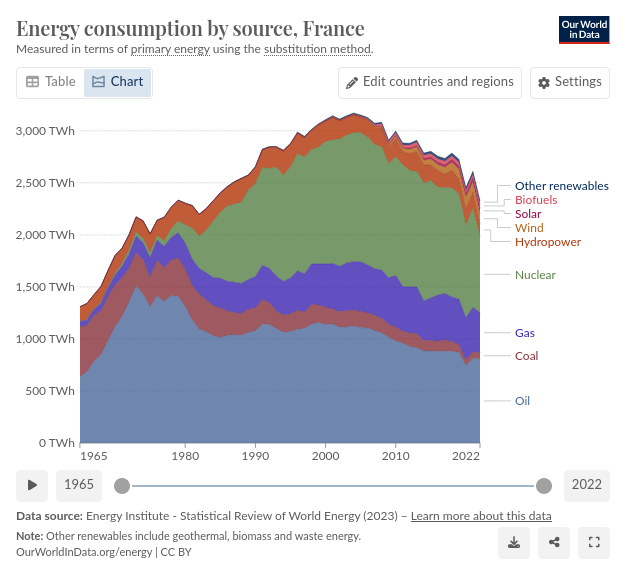

Math underlies programming in a similar fashion to how physics underlies automobile driving. You don’t ever need to know about newton’s laws of motion to pass your driver’s license and never get a ticket until you die. At the same time, I will readily claim that any driver that doesn’t improve after learning about newton’s laws of motion had already internalized those laws through experience.
Math will help your intuition with how to tackle problems in programming. From finding a solution to anticipating how different constraints (notably time and memory) will affect which solutions are available to you, experience working on math problems - especially across different domains in math - will grease the wheels of your programmer mind.
Math on its own will probably not be enough (many great mathematicians are quite unskilled at programming). Just as driving a car is about much more than just the physics involved, there is a lot more to programming than just the math.







I have been thinking about this a lot. Wrestling with how much consumption I can allow myself to sustain, and how much I can allow myself to abstain from.
As more and more of the world around me is interfaced with through machines and/or the internet, I can’t just “take a break from computers” for a few days to give my brain a break from that environment anymore. From knowledge to culture, so much is being shared and transferred digitally today. I agree with the author that we can’t just ignore what’s going on in the digital spaces that we frequent, but many of these spaces are built to get you to consume. Just as one must go into the hotbox to meet the heaviest weed smokers, one shouldn’t stay in the hotbox taking notes for too long at once because of the dense ambient smoke. Besides, how do you find the stuff worth paying attention to without wading through the slop and bait? The web has become an adversarial ecosystem, so we must adapt our behavior and expectations to continue benefiting from its best while staying as safe as possible from its worst.
Some are talking about “dark forest”, and while I agree I think a more apt metaphor is that of small rural villages vs urban megalopolises. The internet started out so small that everyone knew where everyone else lived, and everyone depended on everyone else too much to ever think of aggressively exploiting anyone. Nowadays the safe gated communities speak in hushed tones of the less savory neighborhoods where you can lose your wallet in a moment of inattention, while they spend their days in the supermarkets and hyper-malls owned by their landlords.
The setup for Wall-E might take place decades or centuries from now, but it feels like it’s already happened to the web. And that movie doesn’t even know how the humans manage to rebuild earth and their society, it just implies that they succeed through the ending credits murals.